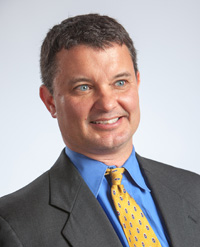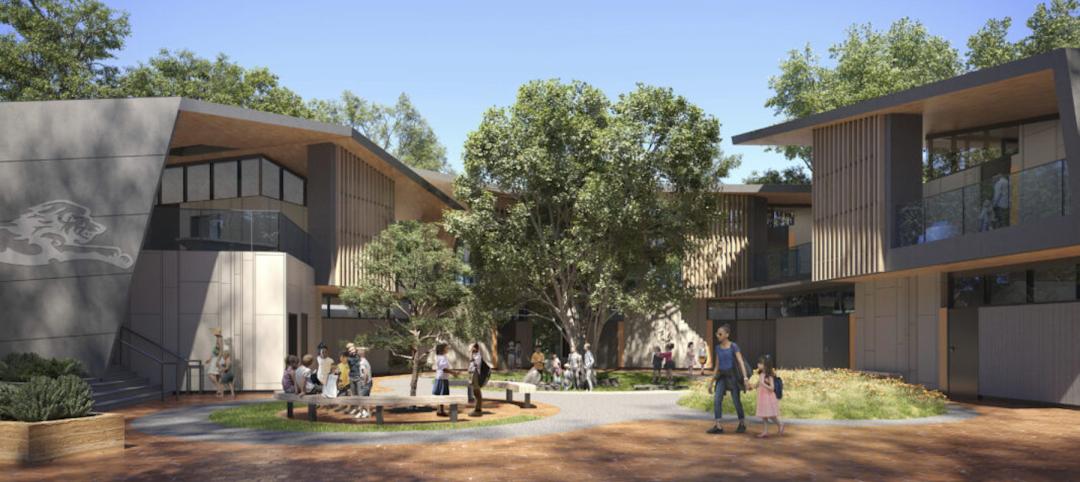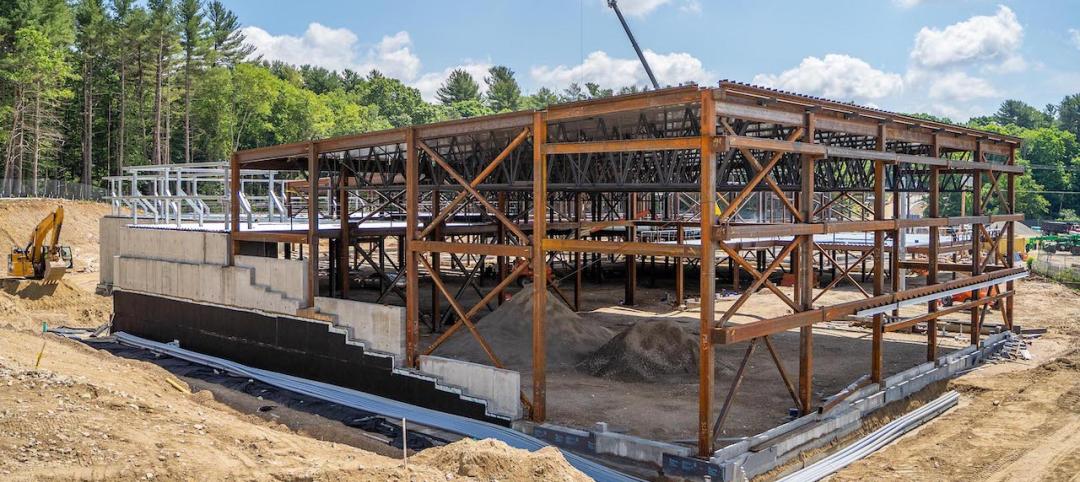Lilker Associates Consulting Engineers (lilker.com), a multidisciplinary MEP engineering firm with offices in Manhattan and Long Island, announces the acquisition of EMO Energy Solutions (EMO), a Falls Church, VA-based company in the DC Metro area specializing in energy audits, energy modeling, commissioning and LEED® consultation services. EMO will be integrated into a wholly owned subsidiary, Lilker EMO Energy Solutions. Managed from the Falls Church office, the newly formed subsidiary will provide comprehensive sustainable building systems design and energy conservation services on projects throughout the U.S.
EMO was founded in 1998 by licensed engineer and LEED Accredited professional Eric Oliver. The firm has developed energy strategies and provided energy consultation services to clients in the residential, commercial, institutional, government, and industrial building sectors for the past 15 years. Named one ofInc. Magazine's fastest growing companies in 2009, EMO has conducted over 45 million square feet of energy audits and participated in more than 350 LEED projects.
By combining the capabilities of a full service design firm with energy specialists, Lilker EMO Energy Solutions will provide state of the art knowledge and experience to enhance energy efficiency at every stage of the building process—from planning, design, energy modeling and energy auditing through installation, commissioning and retro-commissioning—for new construction and existing building renovations.
Lilker CEO and President Bruce Lilker, PE, says, "The formation of our new subsidiary, Lilker EMO Energy Solutions, reflects our commitment to sustainable design and allows us to offer clients the full range of energy consulting services along with our extensive design capabilities. It also provides an opportunity to bring our significant expertise in MEP engineering and technology solutions to the Washington, DC area."
Lilker EMO Energy Solutions will be led by Oliver, who will serve as Managing Director. A passionate conservationist, Oliver started his career with the federal government in EPA's Energy Star Buildings Program. He founded EMO to address the growing need for energy audit services, prior to the advent of the LEED rating systems. EMO was one of the earliest practitioners of the LEED program, adding energy modeling, commissioning, and LEED consulting services to its auditing capabilities. Oliver's 23 years of experience also includes technology feasibility studies, cost-benefit analysis, and the development of energy conservation and sustainable design strategies and policies. He has conducted energy training seminars, created energy awareness and education campaigns, and presented and moderated at several energy conferences.
Oliver holds a Master's degree in Building Technology and a Bachelor of Architecture from MIT. He is a Certified Energy Manager and a Certified Home Energy Rater.
"We're very excited about joining forces and becoming part of the Lilker team," says Oliver. "Integrating our skill set with the design function benefits the client from the planning stage forward. It streamlines the process and allows us to have a greater impact on energy conservation, which has always been my ultimate goal."
Founded in 1985, Lilker Associates is an award-winning, 100-member MEP engineering and energy firm headquartered in Manhattan with offices on Long Island and in Falls Church, VA. Licensed in many states, the company provides services for new and renovated commercial, institutional and retail facilities as well as high-rise and luxury residential buildings. The firm has two wholly owned subsidiaries: Technology Solutions Group (TSG) serves IT cabling, audio visual and security design needs; Lilker EMO Energy Solutions provides comprehensive energy auditing, modeling, commissioning and LEED consultation services.
(http://www.reuters.com/article/2013/05/01/lilker-acquires-emo-idUSnPNDC05652+1e0+PRN20130501)
Related Stories
AEC Tech | Aug 8, 2022
The technology balancing act
As our world reopens from COVID isolation, we are entering back into undefined territory – a form of hybrid existence.
Legislation | Aug 5, 2022
D.C. City Council moves to require net-zero construction by 2026
The Washington, D.C. City Council unanimously passed legislation that would require all new buildings and substantial renovations in D.C. to be net-zero construction by 2026.
Cultural Facilities | Aug 5, 2022
A time and a place: Telling American stories through architecture
As the United States enters the year 2026, it will commence celebrating a cycle of Sestercentennials, or 250th anniversaries, of historic and cultural events across the land.
Sponsored | | Aug 4, 2022
Brighter vistas: Next-gen tools drive sustainability toward net zero line
New technologies, innovations, and tools are opening doors for building teams interested in better and more socially responsible design.
| Aug 4, 2022
Newer materials for green, resilient building complicate insurance underwriting
Insurers can’t look to years of testing on emerging technology to assess risk.
Sustainability | Aug 4, 2022
To reduce disease and fight climate change, design buildings that breathe
Healthy air quality in buildings improves cognitive function and combats the spread of disease, but its implications for carbon reduction are perhaps the most important benefit.
Multifamily Housing | Aug 4, 2022
Faculty housing: A powerful recruitment tool for universities
Recruitment is a growing issue for employers located in areas with a diminishing inventory of affordable housing.
Multifamily Housing | Aug 3, 2022
7 tips for designing fitness studios in multifamily housing developments
Cortland’s Karl Smith, aka “Dr Fitness,” offers advice on how to design and operate new and renovated gyms in apartment communities.
Building Materials | Aug 3, 2022
Shawmut CEO Les Hiscoe on coping with a shaky supply chain in construction
BD+C's John Caulfield interviews Les Hiscoe, CEO of Shawmut Design and Construction, about how his firm keeps projects on schedule and budget in the face of shortages, delays, and price volatility.
Codes and Standards | Aug 3, 2022
Some climate models underestimate risk of future floods
Commonly used climate models may be significantly underestimating the risk of floods this century, according to a new study by Yale researchers.

















